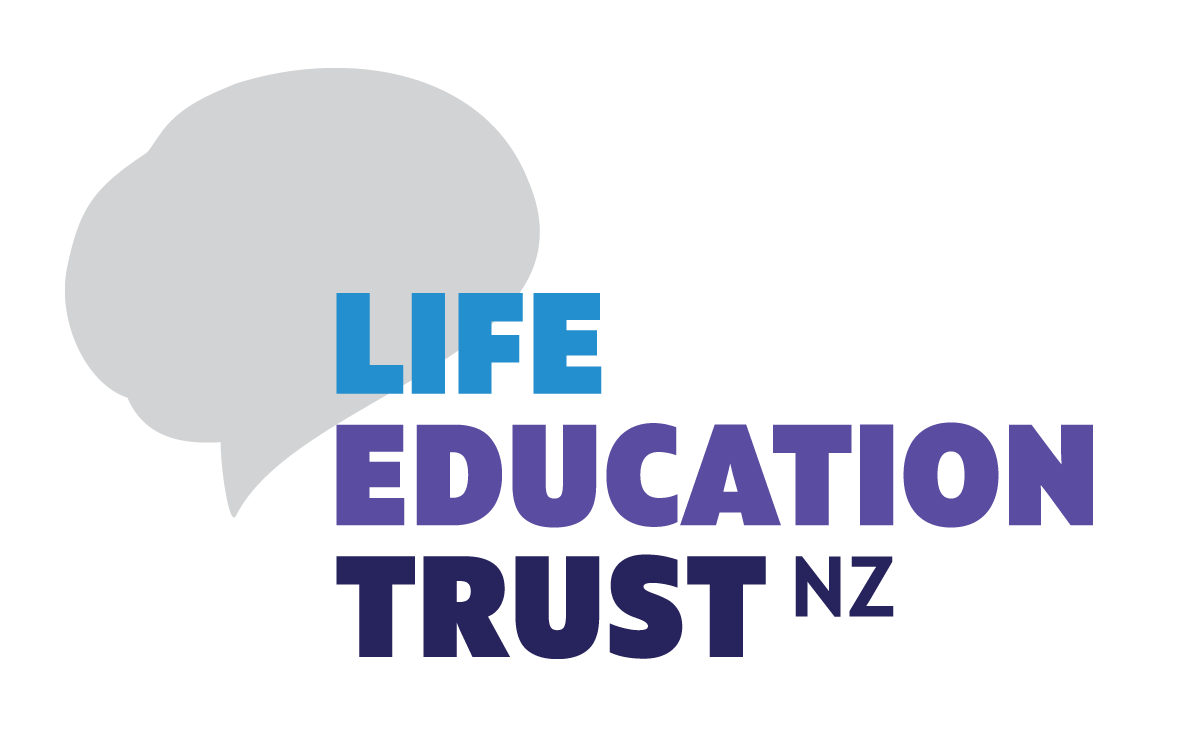Conflict and Resolution
What is conflict?
Conflict is an unavoidable part of life. Members of any society or group of people, from a classroom of students to the MPs who form our Government will have disputes at times. One of the most important life skills we can learn is an understanding of how to deal with conflict when it arises.
We have all experienced conflict: perhaps we felt unfairly treated by someone, or disagreed with their opinion. At the largest scale, conflicts can be as big as wars between nations – but they can also be as small as a playground argument over a game. In everyday life, we are most likely to face conflict within friendship or family groups.
Dealing with conflict
Conflict can make us feel bad in many ways. We might feel defensive and angry, threatened and fearful, or frustrated and annoyed. We might even feel all of these things at the same time.
However, there are some strategies we can use to help us deal with conflict when it happens to us.
- Calm down – manage strong emotions.
- Listen – to what the other person is saying.
- Talk – say how you feel, and why. Keep calm and be clear. Discuss – what solutions can you both come up with?
- Negotiate – which one will give everyone the best outcome?
- Act – stick to the agreement. If it’s not working, start again at the beginning! A teacher or trusted adult can help you if needed.
Listening and trying to understand the other person’s viewpoint is crucial to resolving a situation. Once we understand how another person feels – even if we don’t agree – we may be able to see why they are acting in a certain way. If each person has the opportunity to talk calmly without being interrupted, they may feel as though their opinion and viewpoint has been heard and respected.
Remember that with most conflict situations, it is unlikely or impossible for both parties to get everything they want. The key to resolving the conflict is to negotiate the best compromise possible. For example, if two friends want the last slice of cake, they clearly cannot both have it all. However, if they negotiate their way to the compromise that each gets half, they will have found the fairest and most satisfactory solution.
We can also remember what Resilience is, and how to deal with Stress and Peer Pressure. Rereading Life Education Trust’s Useful Information Documents on these topics will be a helpful reminder of some strategies we can use to deal with challenging situations.
Now you have read the Fact Sheet give Harold's Quiz a try!
Download PDF Back to resources
